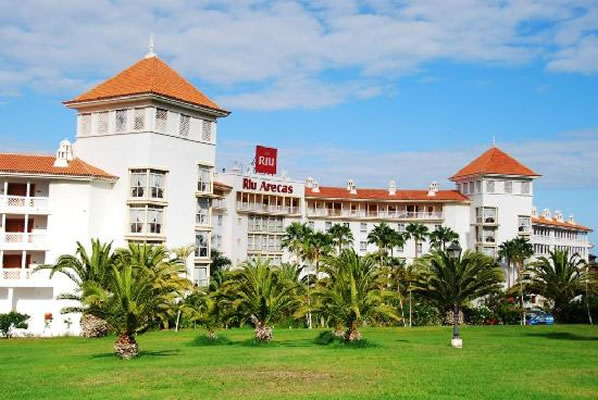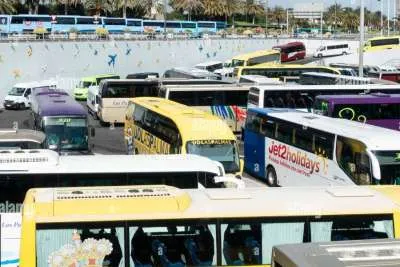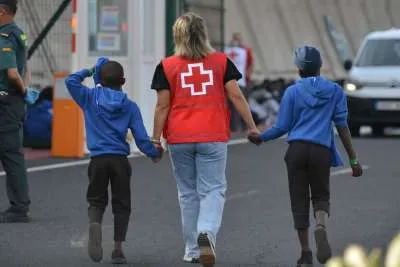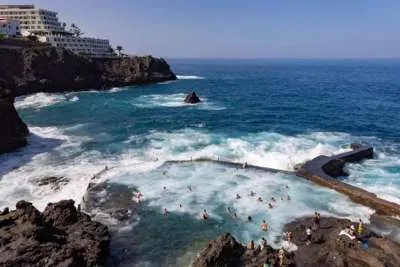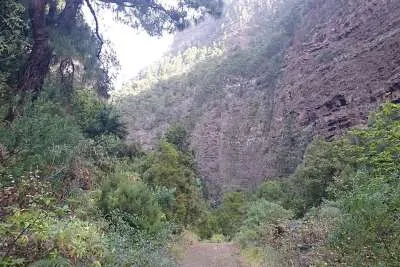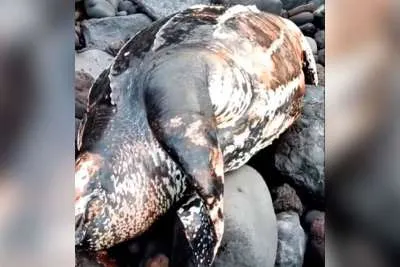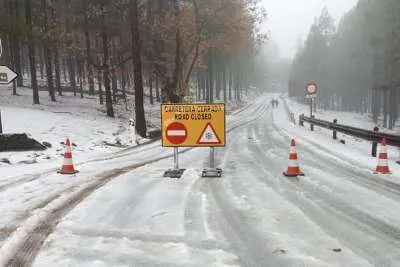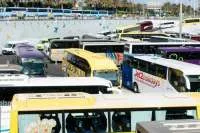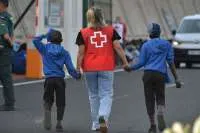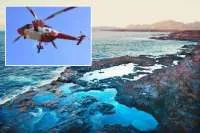More than 30 hotels close in Tenerife due to lack of reservations
- 15-01-2021
- Tenerife
- Canarian Weekly
The Hoteliers Association of Santa Cruz de Tenerife (Ashotel) reported this morning that only 35.9% of the tourist beds associated with the organization are available and that occupation levels are very low, mostly below 20%. For this reason, many establishments are not sure they will stay open in the foreseeable future, and those that will stay open have no concrete plans in the current scenario of uncertainty.
The president of Ashotel, Jorge Marichal considers the winter season, the strongest in the Canary Islands, practically lost, "despite the fact that we had put a lot of hope on it". Now, he said, “the sector is focussing mainly on next winter, although the recovery process could begin in the summer, but we will be in a scenario of greater competition from other destinations."
Marichal also said that hoteliers are confident that the vaccination process throughout Europe will be completed as soon as possible, and that herd immunity can be counted on to provide security for residents and tourists.
He says that anyone who thinks that a recovery is possible before Easter or around those dates, should bear in mind that the cold is an ally for the spread of the virus, and that the opening of a hotel cannot be done for a single market, or subject to the ups and downs of the contagion indices.
In total there are 90,560 associated beds in Tenerife with Ashotel, 32,579 are open compared to 57,981 that are closed, and, more than 30 establishments that opened in Tenerife in 2020 after the first state of alarm, have been forced to close again due to the restrictions of the Covid-19 pandemic, adds Ashotel.
By area, the south of Tenerife has 35.7% of the open beds, the north with 30.1%, and the metropolitan area with 67.9%, but Ashotel points out that the business model of the latter is not vacation tourism, the most affected by the restrictions on the travel market of the main source markets, with a high incidence of the Covid-19 pandemic.
Ashotel explains that the metropolitan area model serves mainly business professionals, companies, port activities, sports delegations, among others, who maintain their activity, "although it is remarkably reduced."
Regarding associated accommodation establishments, the situation varies slightly, and both in the north and south of Tenerife the accommodation industry has a high dependence on European tourism, mainly British and German. In those countries "significant" restrictions on mobility have been applied since the end of last year.
They also highlighted that the instability of the market caused by this health crisis has led to 34 establishments closing again in Tenerife, after reopening at the end of June. With the start of the high tourist season in the islands, at the beginning of November, many companies decided to open, after more than six months closed.
Marichal added that the decree of the Canary Islands Government at the end of October that regulated the arrival of tourists with negative diagnostic tests for Covid-19 opened a more hopeful scenario. But news of tighter restrictions in the UK that occurred almost daily as early as December, meant that hotels that chose to open were forced to close within just a month.
There was even some cases of hotel establishments in the south of Tenerife that were only open for a week, they said, adding that tourist establishments that have opted to remain open, even with very low occupancies, are making enormous efforts to stay open and we should all support them.
Other articles that may interest you...
Trending
Most Read Articles

Featured Videos
A Vision of Elvis Tenerife Promo
- 10-05-2025
TEAs 2025 Highlights
- 17-11-2025


